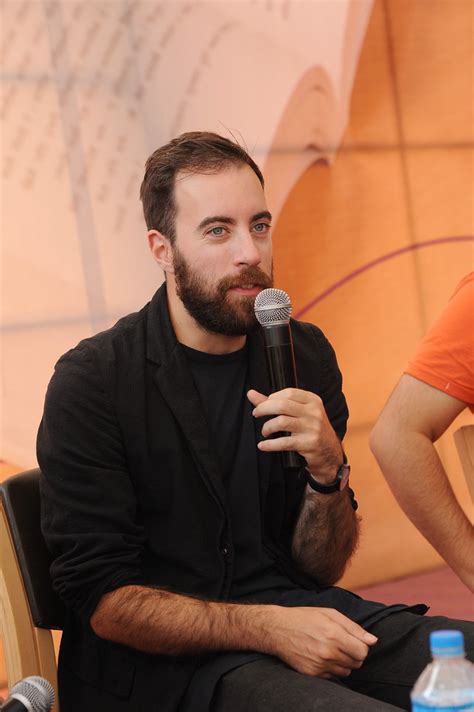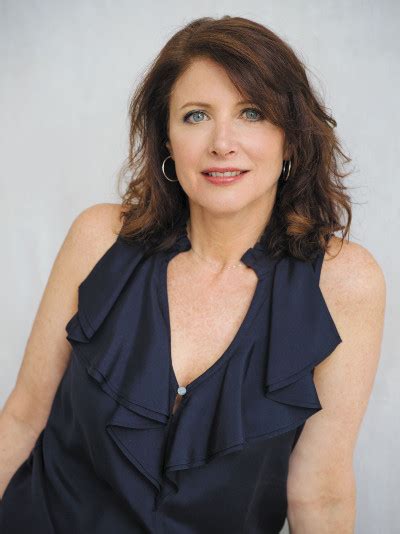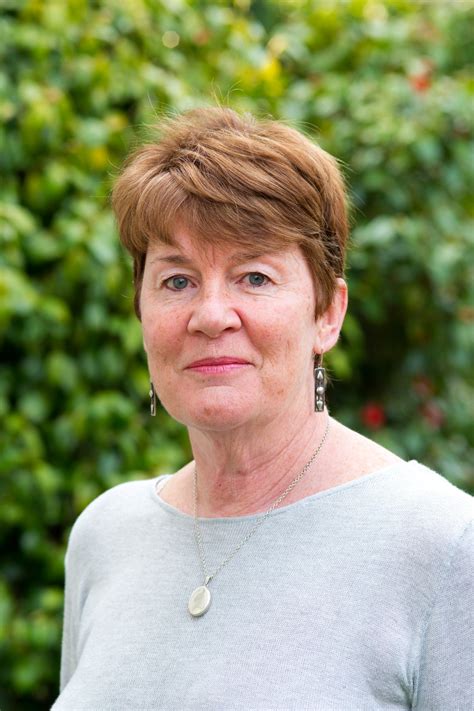A Quote by Elaine Pagels
I never thought I would write about the Book of Revelation. It's so dense; it's so complex and puzzling. But then I found I was thinking about a number of themes, one of which has to do with politics and religion.
Related Quotes
I thought, you know, I would probably not have seen that. On the other hand, he's obviously completely telling the truth. So, then what is that? That's - I wanted to explore that. And then I wanted to talk about how ideas are born. And the big question that the book asks in a number of ways about a number of things is that. How does a new idea come into the world?
I've always thought Harper Lee might have made a great decision. Much as you'd like to have more books by her, there's something about just one that's kind of mysterious and nice. On the other hand, the New York gossip about me was that I'd never write another book. So I thought, 'Well, I will then.'
I've always thought Harper Lee might have made a great decision. Much as you'd like to have more books by her, there's something about just one that's kind of mysterious and nice. On the other hand, the New York gossip about me was that I'd never write another book. So I thought, 'Well, I will then.
You can write about a country without taking a stand, but you cannot write about a country without noting that there's history, and that there's politics going on. To me, that's the same if you write about America. You don't have to write about politics, but the politics have to be present in the characters.





































